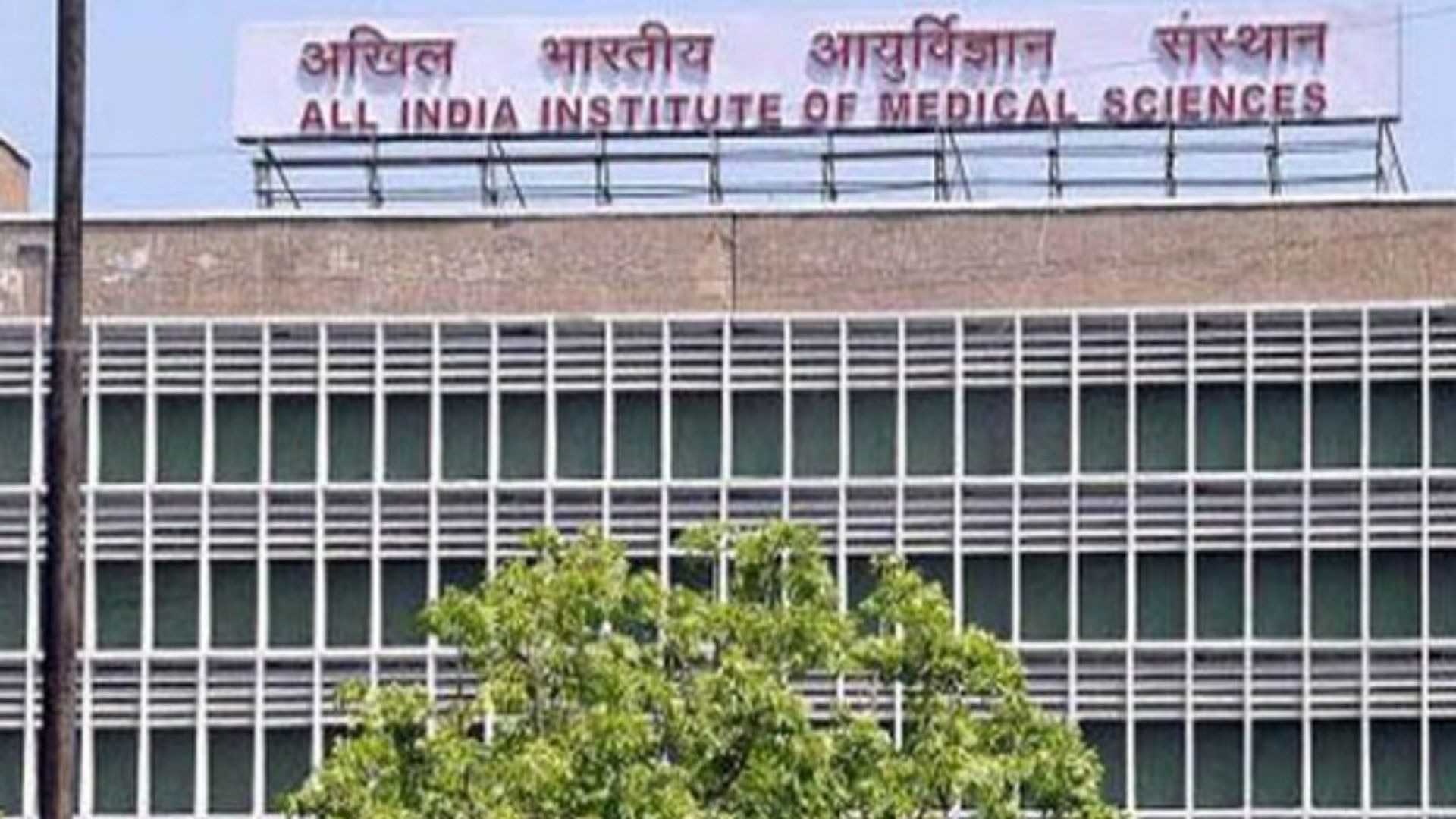Stroke continues to be the third most common cause of disability and death overall, as well as the second most common cause of death. Neurologists at the All India Institute of Medical Sciences have found that in 21–38 percent of acute stroke patients, aphasia, or the loss of language function, can be caused by brain damage resulting from a stroke. They claimed that prompt and effective speech and language therapy can contribute to a more favorable outcome. Worldwide, there has been evidence that music therapy enhances verbal fluency. According to experts, there aren’t many comparable adaptive strategies in India.
The Department of Neurology, AIIMS, New Delhi, in collaboration with IIT-New Delhi, is
conducting a study on the customization and adaptation of the treatment strategies that such patients need for the recovery of their global speech and language functions.
This will be provided free of charge to the patients under the ICMR-funded study.
Meanwhile, stroke, a highly preventable and treatable condition, could lead to nearly 10 million deaths annually by 2050, primarily affecting low- and middle-income countries (LMICs).
This estimate is the result of four studies that were published as a result of the World Stroke Organization and the Lancet Neurology Commission working together. Under this Commission, four research papers with a focus on doable suggestions to lower the worldwide stroke burden have been published. This report was released in the prestigious journal Lancet Neurology. According to the report, there will be a staggering increase in stroke deaths from 6.6 million in 2020 to 9.7 million by 2050. According to estimates, the percentage of stroke deaths in low- and middle-income countries (LMICs) will rise from 86% to 91% by 2050.






















